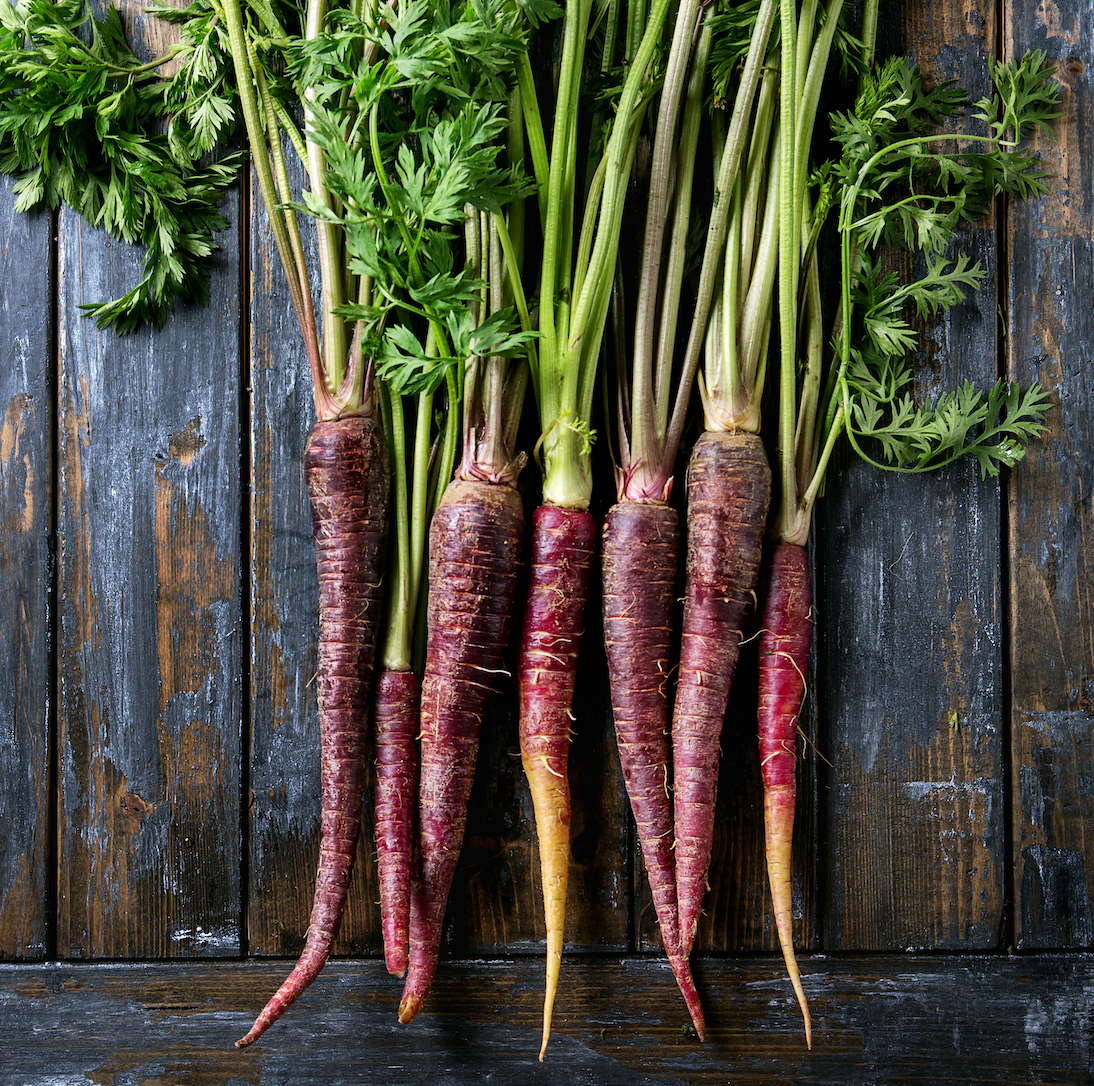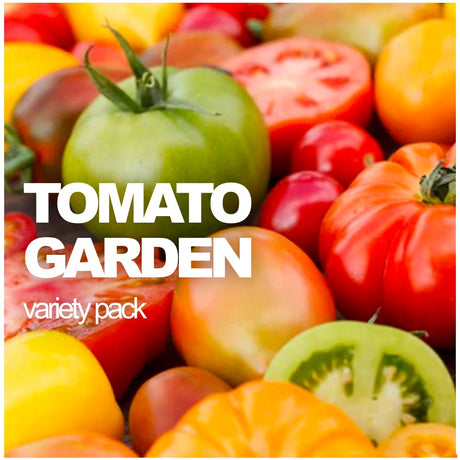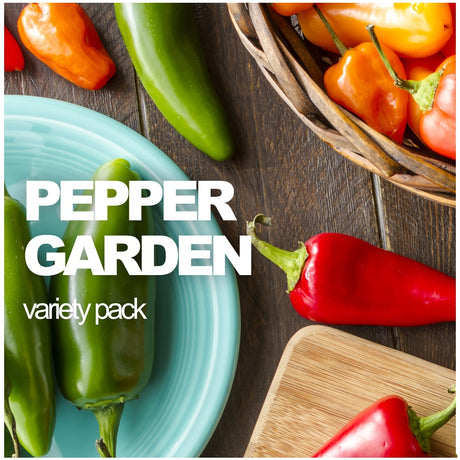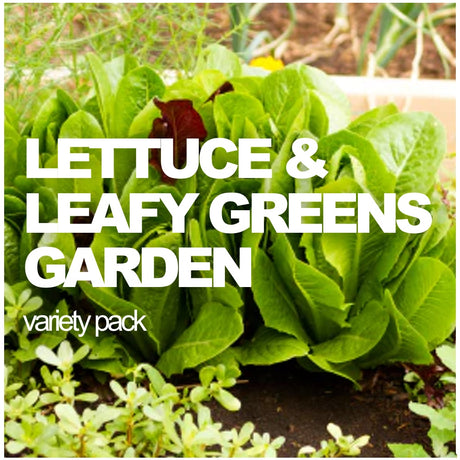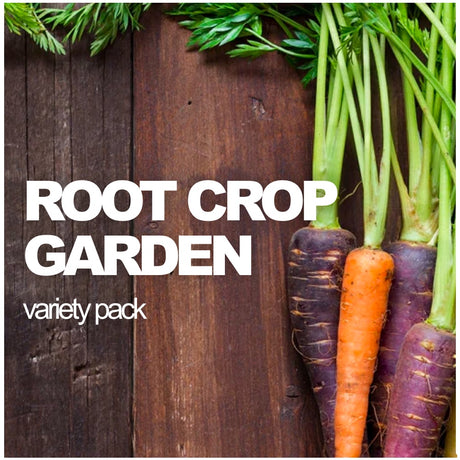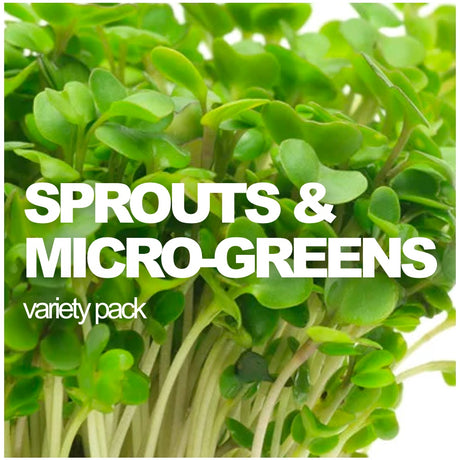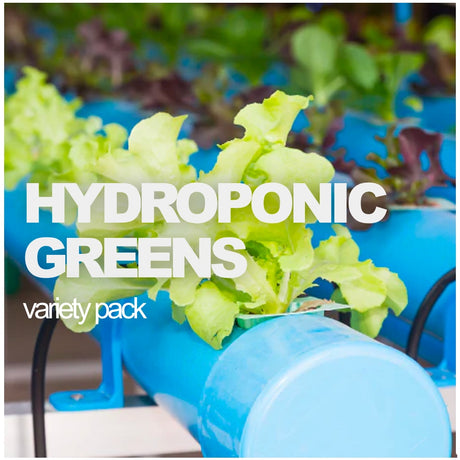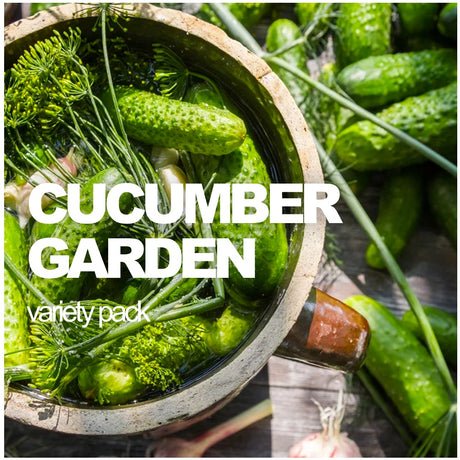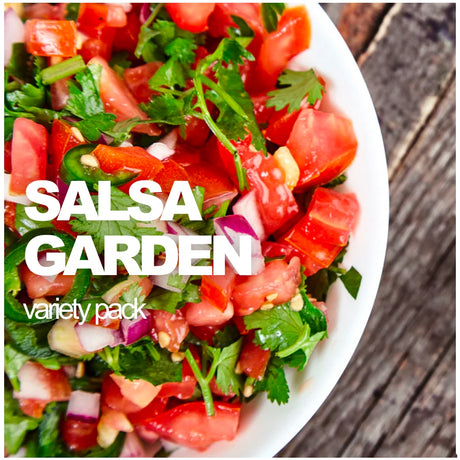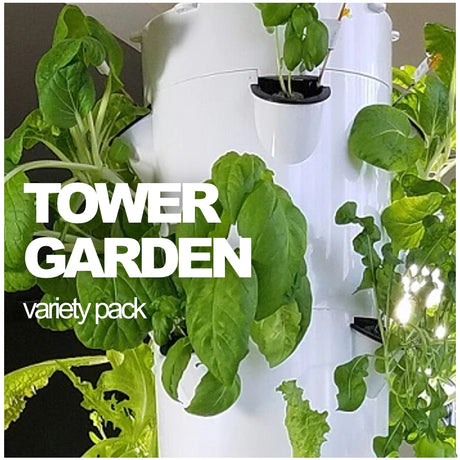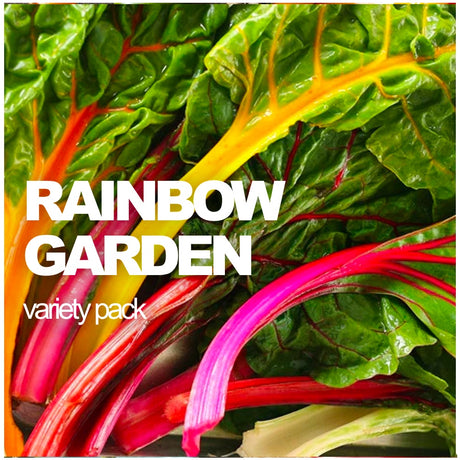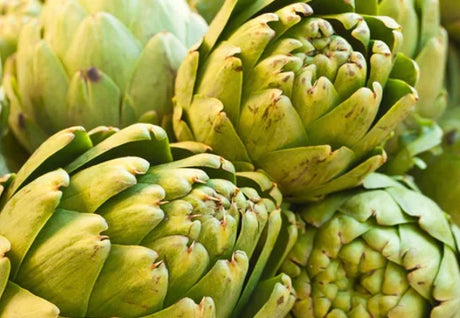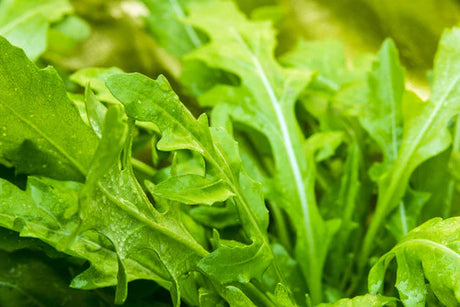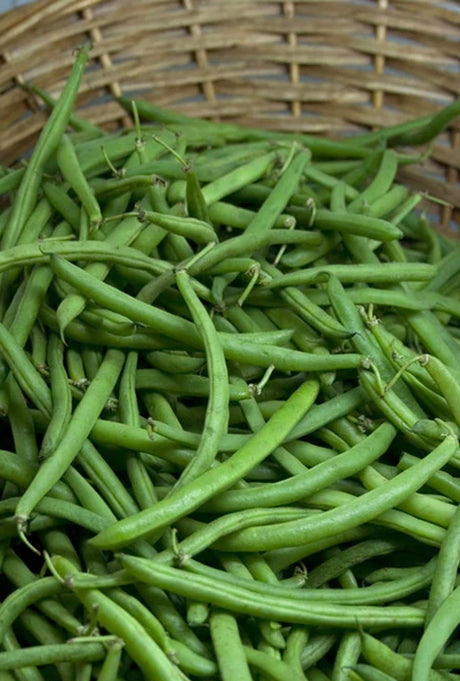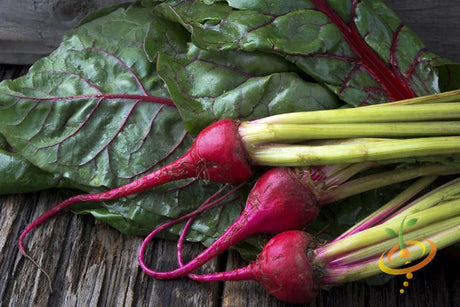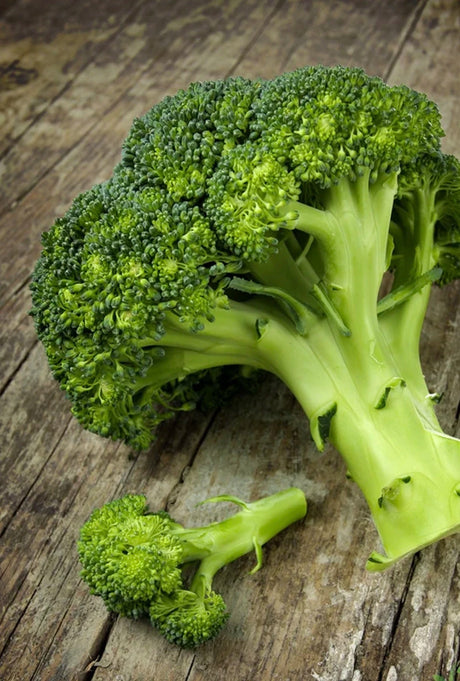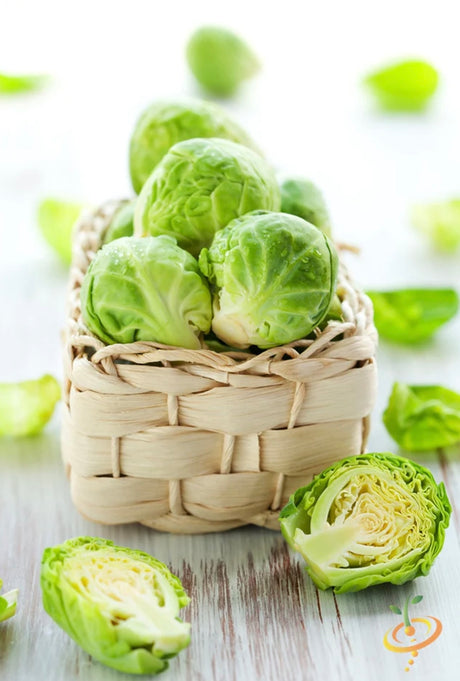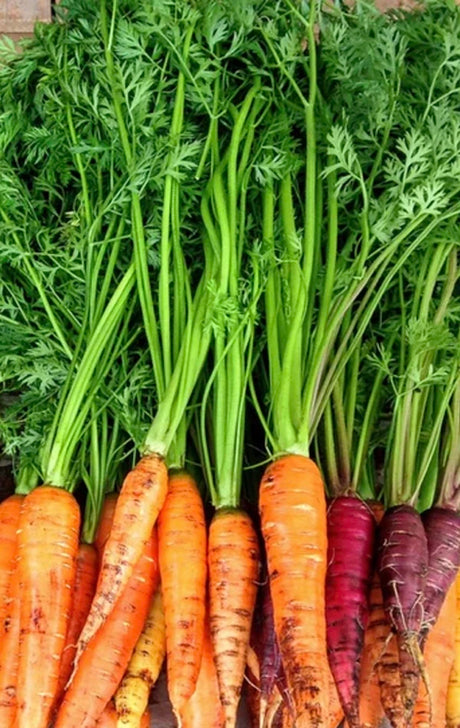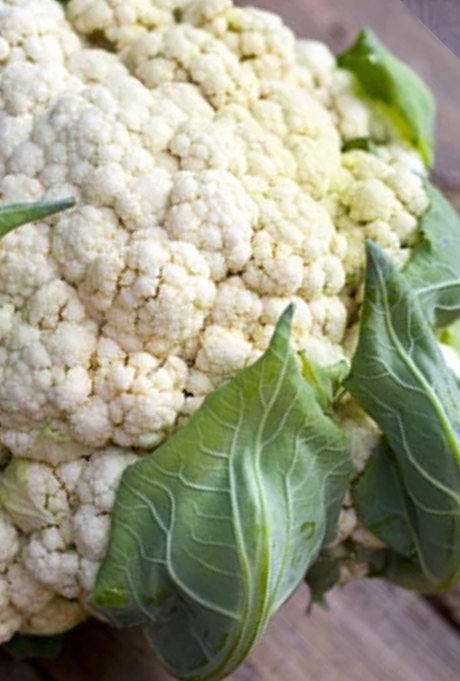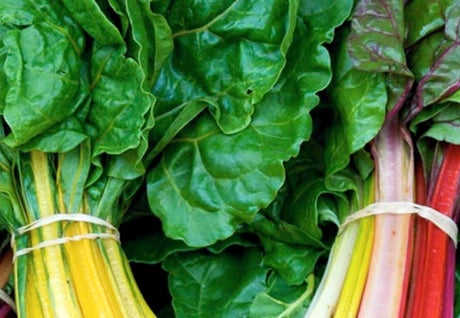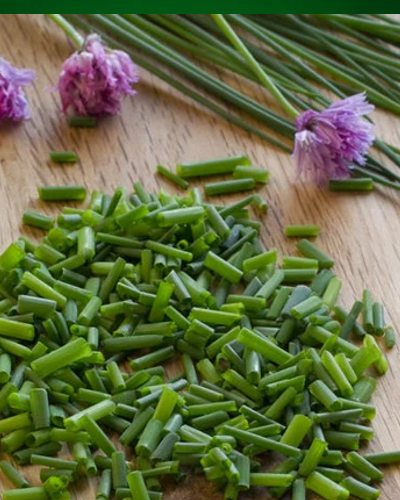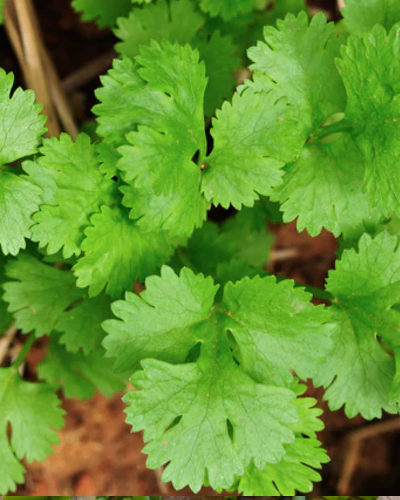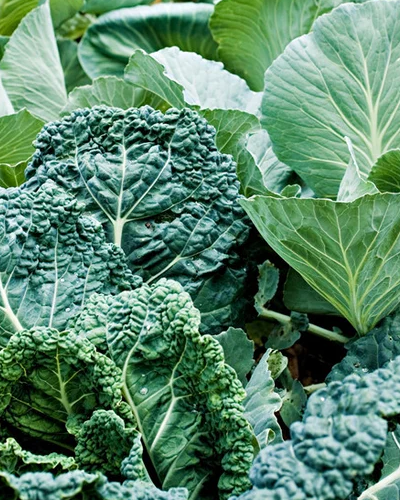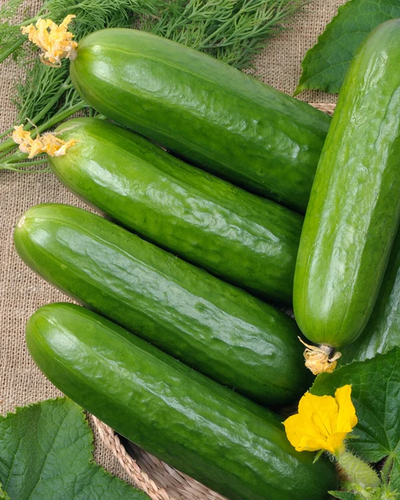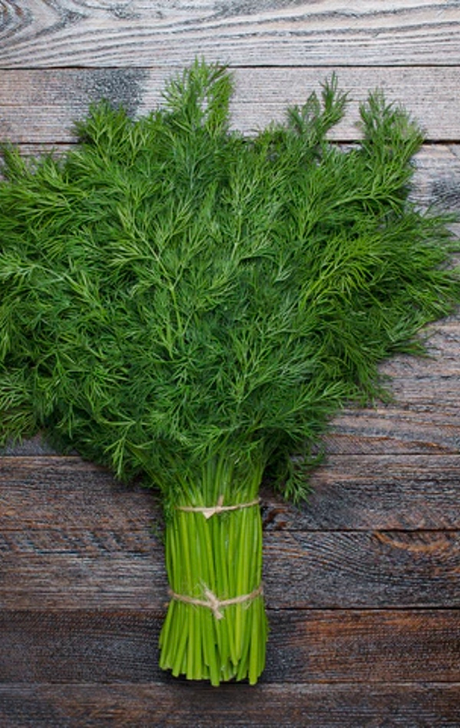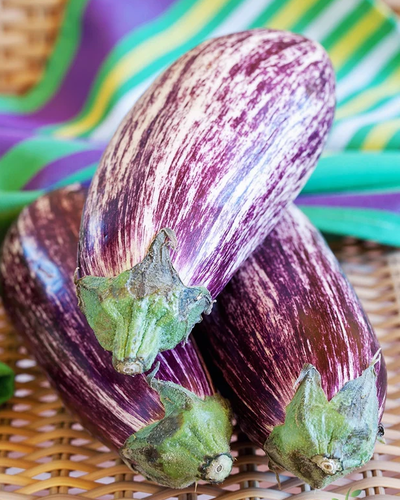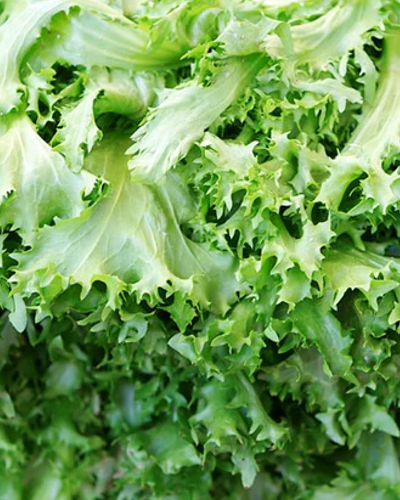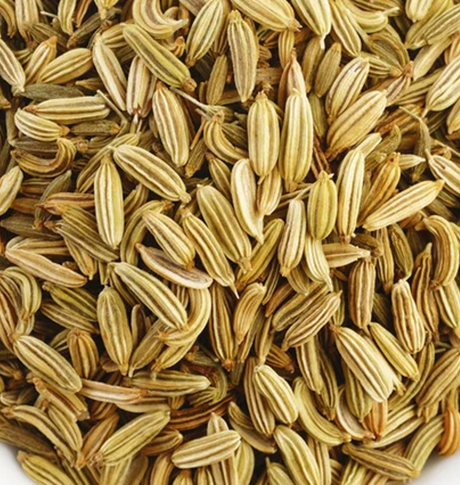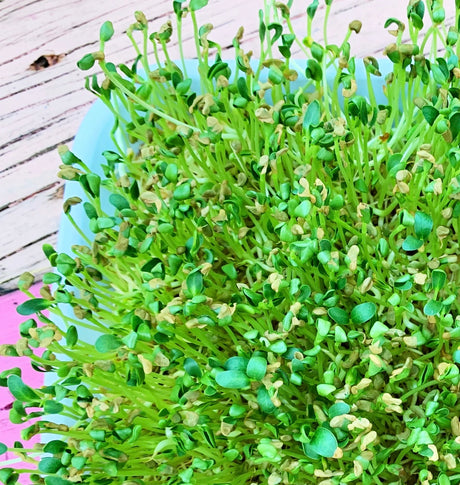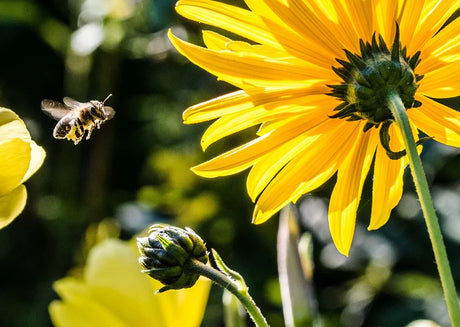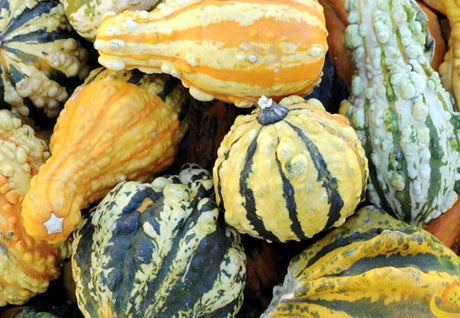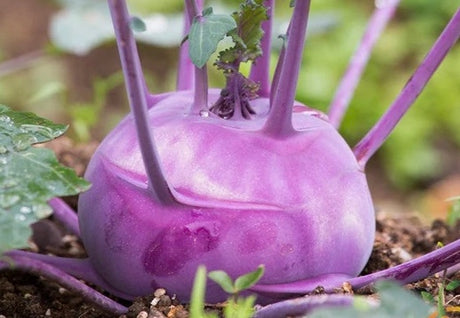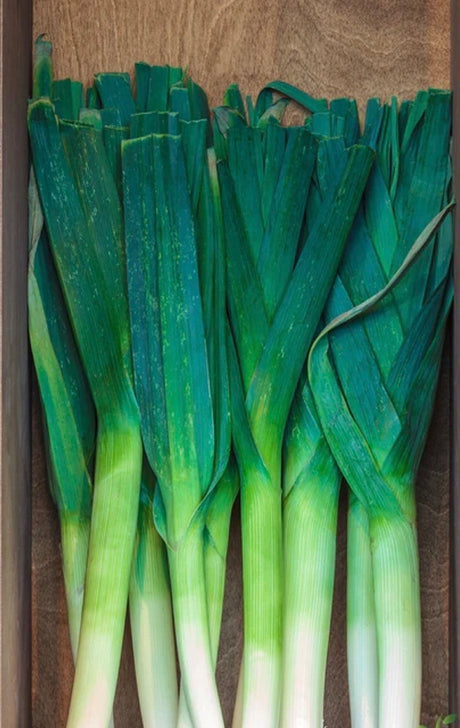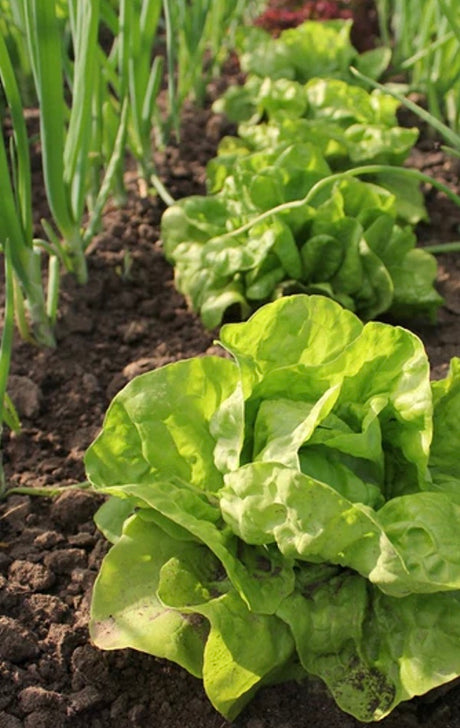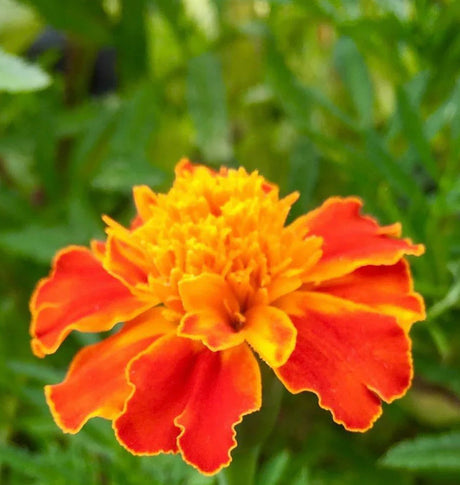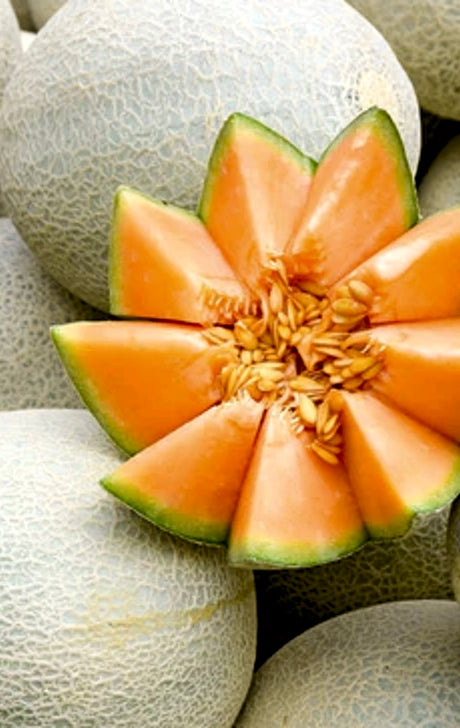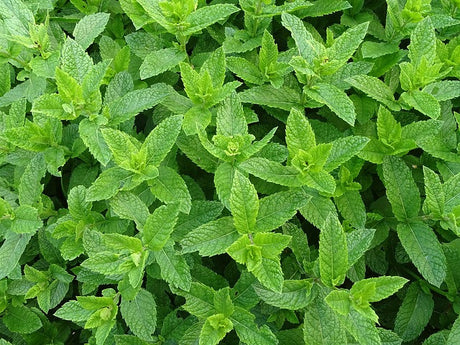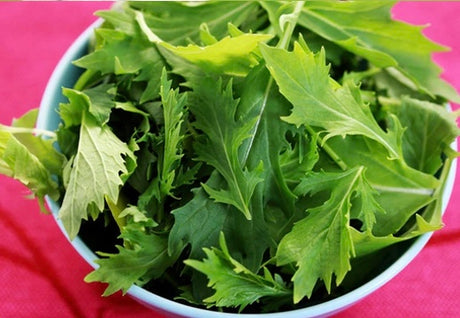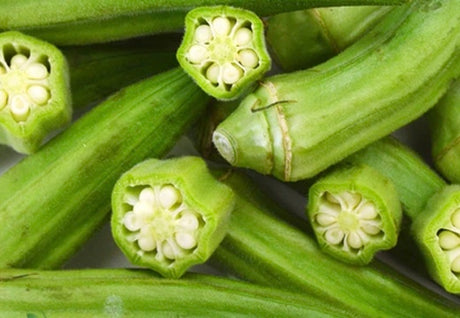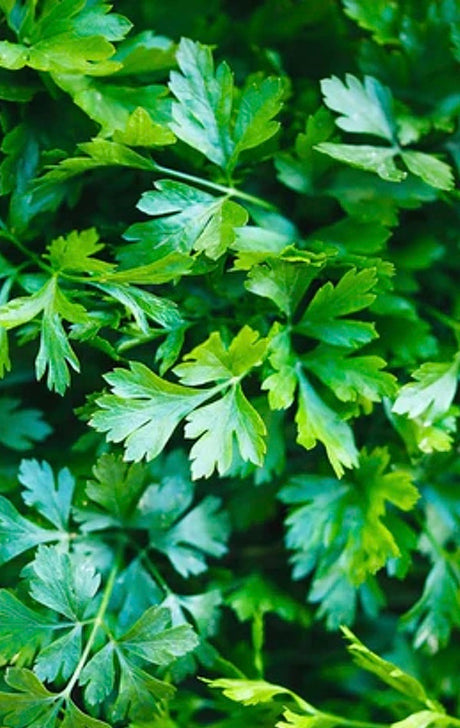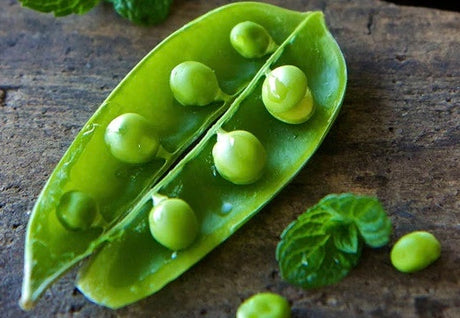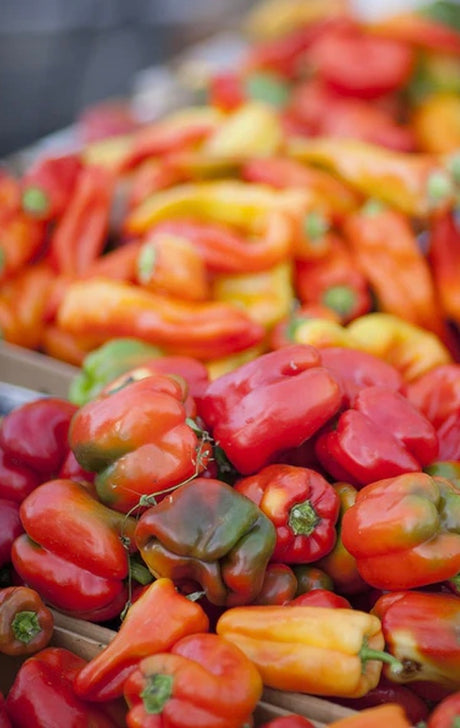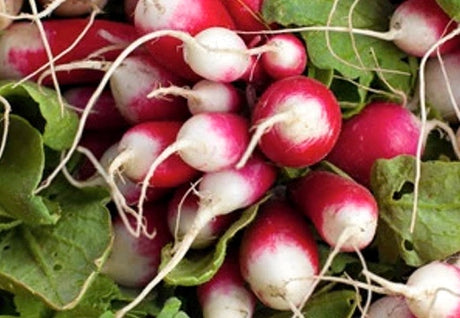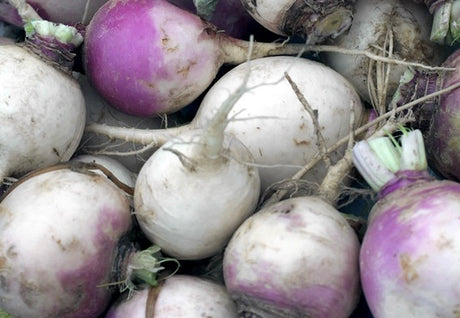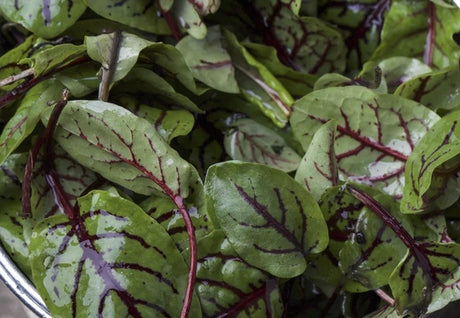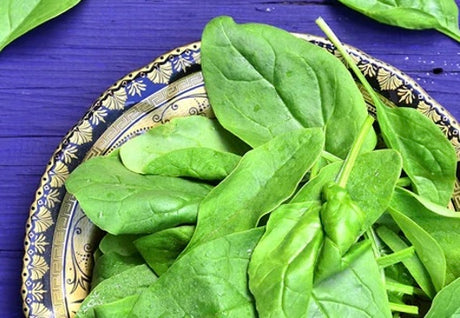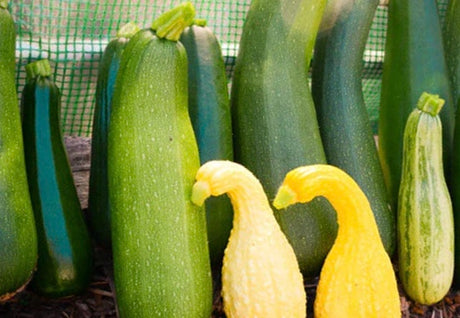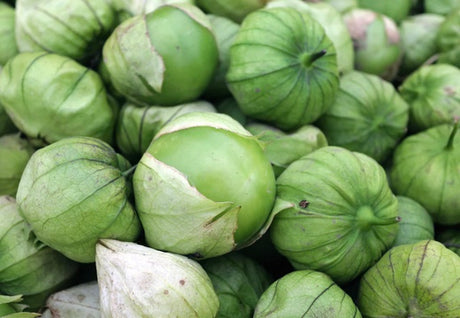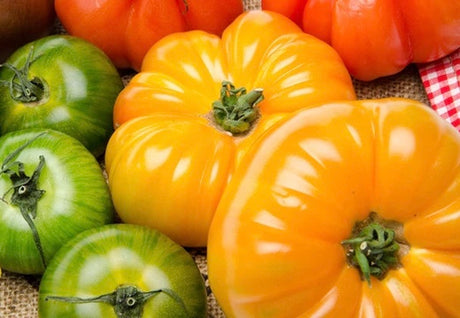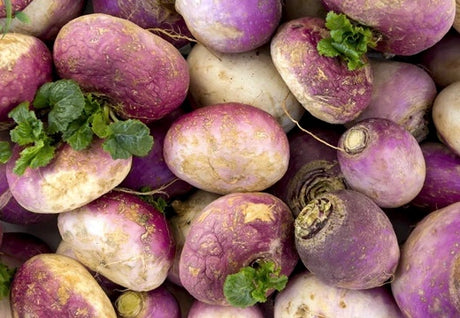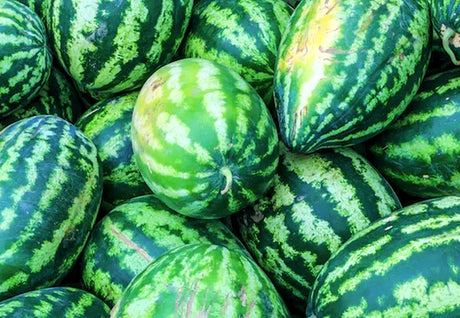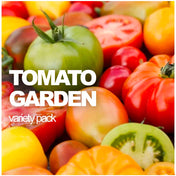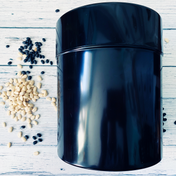The Purple Carrot (Daucus carota subsp. sativus) is a fascinating variety of the common carrot, known for its vibrant color and unique nutritional profile. Unlike the more familiar orange carrot, the purple carrot contains high levels of anthocyanins, which are powerful antioxidants that contribute to its distinctive hue. Studies have shown that anthocyanins may help reduce the risk of chronic diseases, including heart disease and certain types of cancer.
In terms of cultivation, purple carrots thrive in well-drained, loamy soil with a pH level between 6.0 and 6.8. They prefer full sun exposure, requiring at least 6 to 8 hours of sunlight daily. When planting, it is advisable to sow seeds approximately 1/4 to 1/2 inch deep and 2 to 4 inches apart. Germination typically occurs within 10 to 20 days, depending on soil temperature and moisture levels.
As the purple carrot matures, it can reach lengths of up to 10 inches, with a tapered shape that is characteristic of the species. Harvesting should occur when the roots are firm and have reached a desirable size, generally around 70 to 80 days after planting. It is essential to handle the roots carefully to avoid bruising, which can affect their quality and shelf life.
In addition to their striking appearance, purple carrots offer a range of culinary uses. They can be consumed raw in salads, roasted, or incorporated into various dishes for added color and flavor. Nutritionally, they are a good source of vitamins A, C, and K, as well as dietary fiber. The presence of antioxidants further enhances their health benefits, making them a valuable addition to any garden.
Gardeners interested in growing purple carrots should also consider companion planting. These carrots pair well with onions, garlic, and leeks, which can help deter pests and improve overall yield. It is important to rotate crops annually to maintain soil health and prevent disease buildup.
In conclusion, the purple carrot plant is not only an aesthetically pleasing addition to any garden but also offers numerous health benefits and culinary possibilities. By providing the right growing conditions and care, gardeners can successfully cultivate this unique variety and enjoy its vibrant color and nutritional advantages.
👇 MORE ARTICLES & BLOG POSTS 👇
|
SPRING & SUMMER GARDENING: Spring Gardening Chore Checklist - View Herbs & Veggies to Plant NOW for a Summer Garden - View Heat Loving Veggies & Herbs You Can Grow RIGHT NOW in Summer! - View 12 Plants That You Can Grow This Summer To DETER Mosquitoes - View Have a Better Summer Garden With These 7 Tips! - View
FALL & WINTER GARDENING: 5 Fall Vegetables Worth Growing In Containers This Year - View Grow a Fall/Winter Harvest - Plant these seeds in July/August - View Planting a Fall Garden. Step-by-Step - View How to Store Vegetables for Winter - View 10 Vegetables You Can Over-Winterize - View 19 Frost Hardy Vegetables to Plant this Fall - View Fall and Winter Gardening Made Easy - View 16 Crops To Plant NOW for Fall! - View 15 Vegetables You Should Be Planting NOW for a Fall Harvest - View Tips for Starting Your First Fall Garden & 19 Crops That Can Withstand Freezing (or almost freezing) Temperatures! - View Gardening Chores for January - View Our TOP 10 Favorite Fall & Winter Gardening YouTube Videos! - View 19 Crops You Should Try Growing This Fall or Winter - View TOP 9 QUICK GROWING CROPS FOR FALL & WINTER - View It's Winter! What to do in the garden now?! - View Most Popular Seeds to Plant Now for Fall/Winter Gardening - View SEED STARTING: 6 Tips That Every NEW Gardener Should Know - View Tips for Successfully Starting Your Seeds Indoors - View Egg Carton Seed Trays - View Use Muffin Tins To Start Your Seeds In! - View How do I Know Which Seeds to Direct Sow and Which to Seeds to Start Indoors? - View How to Get Better Germination From Your Seeds - View 9 Steps to Harden Off Seedlings - View 7 Tips For Using Rockwool To Start Your Seeds - View Are you starting enough seeds? - View What's the proper way to thin seedlings? 🌱 🌱 - View Seed Planting & Spacing Cheat Sheet - View WAIT! Don't start these seeds indoors yet! - View OK! It's time to start these seeds indoors NOW! - View RAISED BED GARDENING: Tips on Building Perfect Raised Beds! - View How to make a Hugelkultur Bed & What the heck is a Hugelkultur? - View How To Plant a Straw/Hay Bale Raised Bed - View CONTAINER GARDENING: 5 Simple TIPS to Growing Herbs in Containers - View 6 Tips for Gardening in Containers - View 9 of The Best Vegetables to Grow in Small Gardens - View 5 Fantastic Tips for Watering Your Container Garden - View Small Space Gardening Ideas For Your Boat or RV - View
RANDOM POSTS: Why You Should Join a Community Garden - View Inspirational Gardening Quotes! - View How To Make A Bean Teepee - View How to Build a Vine Tee-Pee - View How To Grow & Care For Your Strawberry Plants - View How to Grow Perfect Parsnips - View How Do You Cure Potatoes? - View How To Tell When An Eggplant Is Ripe - View Everything You Ever Wanted To Know About Squash Blossoms - View 4 Easy Steps to Dry & Cure the Small Ornamental Gourds You Grew! - View 8 Gardening Hacks You Need to Know - View Tips for Growing More Food Indoors, All-Year-Long! - View Everything you need to know about gardening through all the seasons - View 14 Green Fruits and Vegetables You Should Be Eating - View How to Use a Mason Jar as a Cloche - View Are You a First Time Gardener? Start Here! - View 5 Season Extension Techniques for Year-Round Gardening - View 32 Edible Perennials (or plants that can ACT like Perennials!) - View How to Grow Your Own Salsa Garden - View How To Make a Pizza Garden - View How To Successfully Plant a Straw/Hay Bale Garden - View The Secret to Building a Salad Keyhole Garden - View SPROUTS & MICRO-GREENS: How to Grow Sprouts at Home *Without Soil* - View How to Sprout Wheat Berries at Home in a Mason Jar - View How to Grow Sprouts Easily at Home Using a Mason Jar-View Micro-greens! The Benefits are anything but MICRO! - View ANIMALS & PETS: What to Plant for a Pet Friendly Garden - View Which Plants Do Bunnies, Cats, Dogs, and Chickens Like to Eat? - View How To Supplement Your Animal Feed by Growing Fodder at Home - View WATERING: Ways To Conserve Water in Your Vegetable Garden - View 8 Tips on How to Water More Efficiently - View COMPOST, MULCH, & SOIL AMENDMENTS: Composting DO's and DON'Ts - View 18 Things You Should Never Compost - View Your Vegetables Like Coffee, Just As Much As You Do! - View How to Use Coffee Grounds In Your Garden - View How to Use Eggshells in Your Garden - View How To Use Seaweed In Your Garden - View
|
PESTS & PROBLEMS // GARDEN CONTROL: Common Gardening Problems & How to Cure Them - View How To Attract Beneficial Ladybugs Into Your Garden - View Common Problems In the Garden and How To Fix Them! - View 3 Ways to Kill Weeds Naturally & Quickly - View Learn How to Recognize and Prevent Mosaic Virus in Your Garden - View 4 Trap Plants You Should Be Growing To Help Deter Pests - View 8 Ways To Get Rid of Garden Pests (Without Any Chemicals!) - View Natural Pest Control Methods - View HELP! My Plants are Tall, Thin, and Leggy. What should I do? - View How to Control Powdery Mildew, the Easy Way! - View Plant THESE To Attract More BEES! - View 15 Plants That Repel Mosquitoes - View Plants That Naturally Repel Mosquitoes - View Use Beer To Kill Slugs - View BEER = An Effective Method for Slug Control [Who Knew!?] - View Why Won't My Root Veggies Grow? - View How do You Use Epsom Salts to Fertilize Your Plants? - View FLOWERS // HERBS // POLLINATORS: Treat Your Ailments Naturally With Homegrown Herbs - View 15 Herbs You Can Grow at Home To Make Your Own Tea - View 10 MUST GROW Plants for Herbal Tea Lovers - View How to Grow an Indoor Herb Garden - View Top 4 Air Purifying Herbs You Can Grow Indoors - View 11 Easy To Grow Medicinal Herbs - View Healing Herbs That Anyone Can Grow at Home - View Top 6 Culinary Herbs You Never Knew You Could Grow Indoors, During Winter! - View 27 Plants That Produce Edible Flowers - View 38 Edible Flowers To Plant In Your Garden - View PRO Tips for Growing Wildflowers Successfully - View How to Grow Beautiful and Healthy Sunflowers - View Save the Bees! Plant a "Bee-Friendly" Garden Today! - View
LETTUCE, SALAD, & LEAFY GREENS: 7 Tips and Tricks for {Fresh} Lettuce {Longer} - View How to Grow a "Cut and Come Again" Salad Bar Garden - View Make Ahead "Salad in a Jar”- View The Secret to Building a Salad Keyhole Garden - View PEPPERS: How Hot Will My Peppers Be? Scoville Scale Heat-Ranking for Hot Peppers! - View Tips on How To Successfully Germinate Hot Pepper Seeds -View 15 Super HOT Varieties Every Pepper Enthusiast Must Try! - View Tips for Germinating HOT & SWEET Pepper Seeds - View
TOMATOES: 4 Ways to Ripen Green Tomatoes - View Tips for Controlling Tomato Hornworms - View How to Plant Tomatoes the Right Way - View How to Make Pickled Tomatoes, In Just 5 Minutes - View Spank Your Tomatoes! -Get More Fruit on Every Plant- - View 14 Companion Plants to Grow With Your Tomatoes! - View
GREENHOUSE: Tips for Growing Better in a Greenhouse - View HOOP HOUSE: How to Build a "Hoop House" for your Fall and Winter Gardening! - View HYDROPONICS & TOWER GARDEN: 15 Lettuce & Leafy Greens You Should Try Growing Hydroponically - View 80 Plants You Can Grow with Vertical Towers and Hydroponic Garden System! - View How to Plant a Vertical Tower Garden - View These are the most popular ways to grow food, Vertically! - View Aquaponics: Why It Works! - View Make A Vertical Planter with Terracotta Pots - View
SHADE: How to Grow Vegetables and Herbs in Partial Shade - View Which Vegetables & Herbs Grow Best in Light - Partial Shady Gardens? - View HEAT & DROUGHT: Heat-Loving Varieties that Grow Great in the Southern States - View 33 Drought Tolerant Crops For Dry or Hot Climates - View
DIY PROJECTS: How To Make Your Own Seed Tape - View Make Ahead "Salad in a Jar”- View Make a Tic Tac Toe Game For Your Garden - View How to Make Watermelon Candy - View [DIY] Honey-Lavender Luffa Gourd Soap - View
CANNING & PICKLING // RECIPES: Everything You Need To Start Canning Your Homegrown Vegetables! - View How Do I Can My Homegrown Vegetables? View Best Crops to Grow For the Home Canner - View How to Grow & Pickle Homegrown Peas - View Create Easy Pickled Radishes in Less Than 5 Minutes - View Which Vegetables are Best to Ferment? - View OTHER RECIPES: This is how you make the best hummus dip! DIY Recipe - View How To Make Amazing Zucchini Chips - View How to Make a Stuffed Zucchini Crocodile - View 7 Awesome Mint Drink Recipes - View How to Roast Garlic in the Oven - View |

Click on the image below to view it in a larger format. Print it and save it.
RELATED LINKS:
- 6 Tips That Every New Gardener Needs to Know - View
- Tips for Successfully Starting Your Seeds Indoors - View
- Seeds to Direct Sow or Start Indoors? - View
- Get Better Germination From Your Seeds - View
- 9 Steps to Harden Off Seedlings - View
- Make Sure You Start Enough Seeds - View
- It's Very Important to "Thin" Your Seedlings - View
Already registered? Login
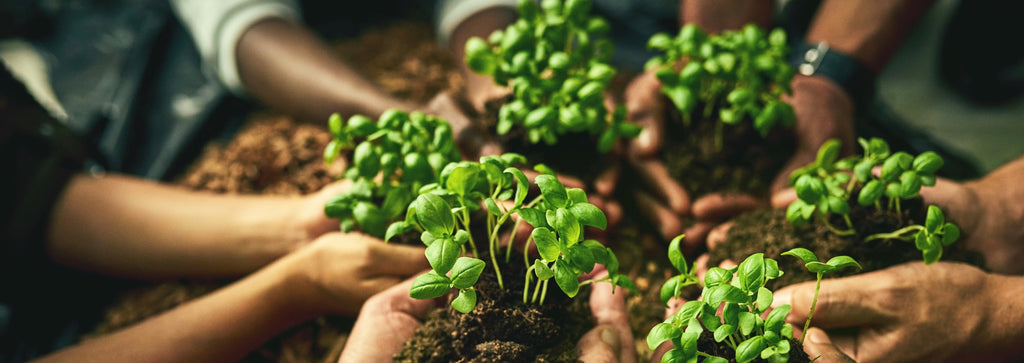
Whether you're a gardening blogger, influencer, or simply someone who loves sharing their gardening experiences, our affiliate program offers a great opportunity to monetize your passion.
By becoming an affiliate, you'll earn a commission on each sale you refer. You'll benefit from our high conversion rates, high commission rates, and dedicated affiliate support.
To ensure your success, we provide a wide range of marketing materials, including banners, product images, and text links.
Here's how it works:
- Complete the Program Registration form here: https://seedsnow.refersion.com/
- We will activate your very own unique affiliate link and then email it to you.
- Next, you must share your affiliate link on websites, blogs, e-mail, or social media channels.
- Then, when someone clicks on your affiliate link and makes a purchase on SeedsNow.com, you'll earn a 25% sales commission from their entire order!
- Track your progress, earnings and performance in real-time through a user-friendly dashboard.
- Get paid every Friday!
Please send us a message if you need any help getting started or if you have any questions. We're here to help and make sure you are successful.
- - - - - - - - -
- Affiliates are paid-out weekly via PayPal.com
⚠️ We reserve the right to suspend your affiliate account and/or this affiliate program at any time and for any reason. Commission payout rate may also change at any time and for any reason.
continue shopping
YOU MAY ALSO LIKE
View all-
All-in-One Tomato Garden Variety Pack
$3999 USDUnit price /Unavailable -
All-in-One Pepper Garden Variety Pack
$3999 USDUnit price /Unavailable -
All-in-One Lettuce & Leafy Greens Variety Pack
$3999 USDUnit price /Unavailable -
All-in-One Root Crop Garden Variety Pack
$3999 USDUnit price /Unavailable -
All-in-One Sprouts/Microgreens Variety Pack
$3400 USDUnit price /Unavailable -
All-in-One Hydroponic Greens Variety Pack
$3999 USDUnit price /Unavailable -
All-in-One Cucumber Garden Variety Pack
$2999 USDUnit price /Unavailable -
All-in-One Wildflower & Pollinator Scatter Garden Variety Pack
$3999 USDUnit price /Unavailable -
All-in-One Salsa Garden Variety Pack
$3999 USDUnit price /Unavailable -
All-in-One Tower Garden Variety Pack
$3999 USDUnit price /Unavailable -
All-in-One Rainbow Garden Variety Pack
$3999 USDUnit price /Unavailable -
All-in-One Spring/Summer Garden Variety Pack
$3999 USDUnit price /Unavailable

